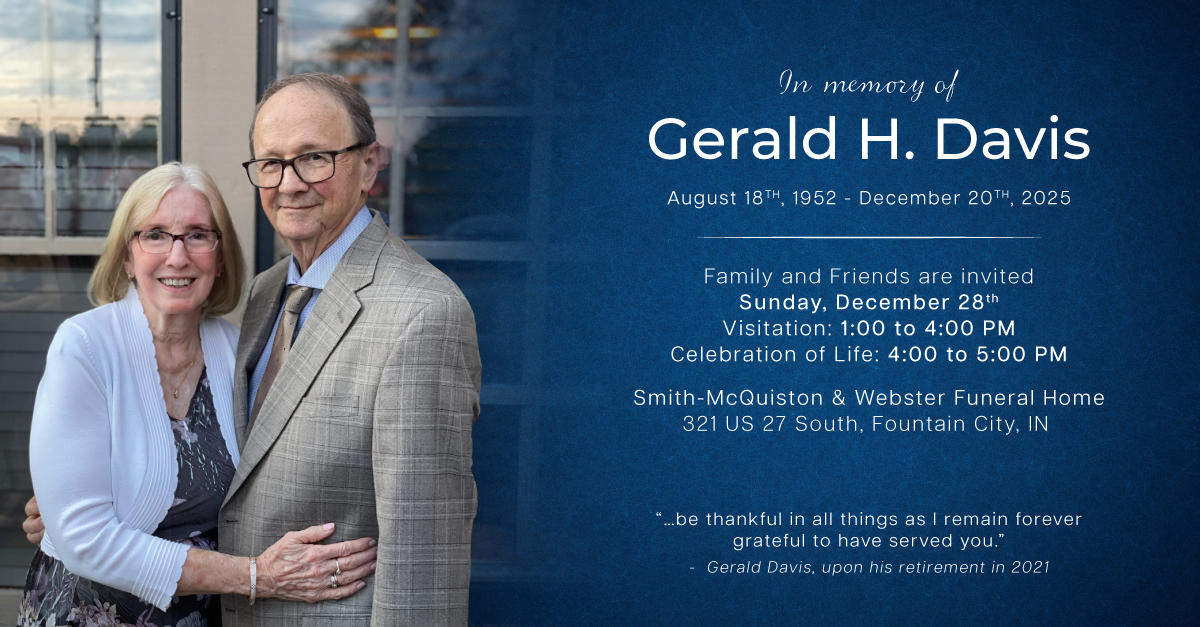BBC Outlines The Correct Way To Transport a Body in the UK: Use a Funeral Director!
 Two women have been accused of trying to check the body of a relative on to a plane in Liverpool, but how are you supposed to repatriate a corpse?
Two women have been accused of trying to check the body of a relative on to a plane in Liverpool, but how are you supposed to repatriate a corpse?
Gitta Jarant and Anke Anusic allegedly arrived at check-in with the body of Curt Willi Jarant for a flight to Berlin at Liverpool John Lennon Airport on Saturday.
The women – his widow and step-daughter – said they thought the 91-year-old, who was wearing sunglasses and was in a wheelchair, was asleep, but the pair were arrested on suspicion of failing to give notification of a death.
But what is the proper procedure if the unthinkable happens and the body of a loved one needs to be transported from the UK?
The most important step is to consult a doctor to confirm the person is deceased and provide a death certificate.
This fulfils the need for the death to be registered in the country where the person passed away, which is a legal requirement.
The arrangements that need to be made after this stage are extremely complex and, although there is no legal requirement to do so, a funeral director would almost certainly be contacted to complete the process of gathering the necessary paperwork.
The funeral director will liaise with the coroner to gather the relevant documents needed to arrange transportation which are:
? A “free from infection” certificate
? An embalming certificate
? An “out of” certificate [or fiscal certificate in Scotland]
In addition to the aforementioned documents, those wishing to transport a loved one need to provide the person’s passport or a photocopy of it.
In some cases, consular staff representing the country that the body is being sent to may arrange to inspect the coffin and seal it. However, such arrangements would be made through the funeral director.
Although the body can be clothed, under no circumstances should the bereaved place other items – such as some of their loved one’s belongings – in the casket.
“It has been known that people try to send trinkets or belongings of the deceased, but that’s completely unacceptable for security reasons,” explains Pauline Birdsall, director of KeyAir Repatriation, which specialists in arranging transport of bodies.
Under regulations imposed by the International Air Transport Association, coffins being used for repatriation must be lined with zinc to create a hermetic seal.
Zinc is used because it doesn’t prevent checks by X-ray machines, which are a necessary part of airline security.
In the case of people who have been cremated, the urn containing ashes must be hermetically sealed but it doesn’t have to be zinc-lined.
The cost of repatriation is, in many cases, covered by an insurance policy.
And, if the person doesn’t have a travel or personal insurance policy it is worth exploring all available avenues.
“Some people’s credit cards, in the small print, have insurance provided for situations such as this,” says Mrs Birdsall.
“It’s surprising what can be covered by a credit card, but it’s something that depends on the individual terms and conditions. Check everywhere possible for insurance.”
And planes are the usual mode of transport and it is rare for bodies to be repatriated by sea, rail or car because, she explains, “it usually isn’t economically viable or practical”.
However, in such instances, the same documentation is needed and it is best to check with the carrier whether they would be prepared to take a coffin.
Consular staff representing the country the casket is being sent to can also be contacted for advice.
Above all, Mrs Birdsall says it is important for the bereaved not to be daunted by the task.
This is a sentiment echoed by Kevin McAlister, of Co-operative Funeralcare, who says this is a situation hundreds of people find themselves in each year.
“It’s a relatively simple procedure. A funeral director will lead the family through what needs to be done.
“Relatives must register the death, but we can do pretty much everything else.”
Source: BBC



